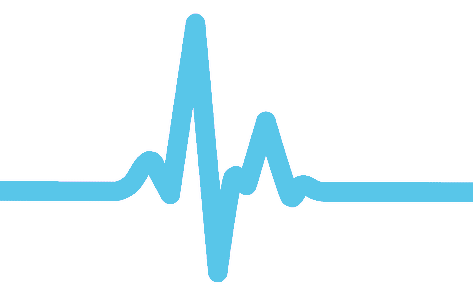75+ Year Old Health Checks
Providing a comprehensive general practice service.

75 years or older community members may be eligible for a Free annual health check-up. You may not be aware that once you are over 75 you are eligible for a free annual health assessment. This is part of the Federal Government’s initiatives to improve the health care available to older Australians.
Virginia Medical Centre offers this service. There is no cost as it is reimbursed by Medicare. You will simply be asked to sign a payment voucher following the completion of the assessment. Our practice nurse plays a significant role in performing this assessment and she will take you through the initial stages of the Health Assessment, before you go in to see the GP.
What does the 75+ Year Old Health Check involve?
The Health Assessment is really a detailed look at such things as:
- your general health,
- including sight,
- hearing,
- diet,
- sleep,
- any medication you might be taking.
It also includes any help you may be receiving at home (eg home help, meals on wheels) your immunisation status; and, if you have any problems with shopping, dressing or bathing etc.
We particularly like to concentrate on preventative issues like preventing falls at home and checking to see that you are not at risk of osteoporosis, or thinning bones which can lead to bone fractures.
Often an ECG or Electrocardiogram is done as part of the assessment. You will need to have had a blood test done within the last 6 months prior to the assessment
The Health Assessment is not compulsory but it may help us identify any health needs you may have. An early intervention will allow you to enjoy better health for longer.
The appointment is with both the Practice Nurse and GP, and takes up to an hour. You will be asked to bring a urine sample with you to the appointment, a specimen container may be collected from either health centre.
If you are aged over 75 and interested in making a booking for the Health Assessment, please phone us to make an appointment.
Things you can do to reduce the risk of falls at home:
- Ensure good lighting available day and night.
- Wear good shoes, or non-slippery footwear. Avoid thongs and slip-on shoes.
- Ensure floors aren’t slippery or uneven.
- Check the edges or carpets that they aren’t frayed or worn, avoid using rugs or door mats that may cause tripping.
- Reduce build up of moss around pot plants outside.
- Use non-slip mats or strips in the shower or bath, consider installing safety rails.
- Consider installing grab rails or safety rails in bathrooms, toilets or stairs.
- Ensure pathways are clear and even around the garden.
- Ensure electrical cords are not placed near walking areas—place them near to the wall where they are less likely to be tripped on.
- Get your eyesight checked every 2 years and wear eye glasses if you need to.
If you live on your own and are at risk of falls, consider a Call Alert System—ask the medical staff about this for more information. Some people may be eligible for a rebate for the government for a call alert system.
![]()


